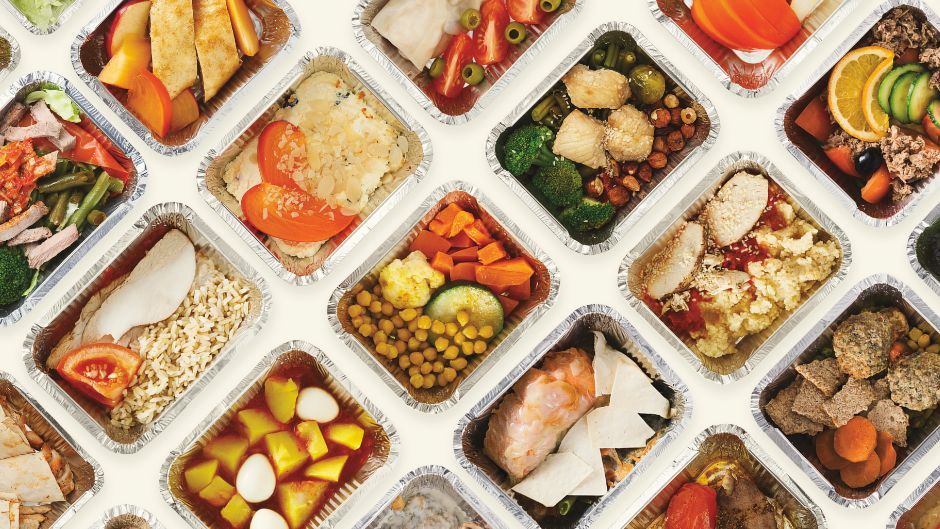The right to food is an area of focus for Miami Law’s Human Rights Clinic and Human Rights Program. Since its founding in 2019, the Food Rights Initiative of the Human Rights Program, together with the Human Rights Clinic, has supported U.S.-based efforts to enshrine the human rights to food in state law and to organize around a human rights framework to address hunger in the U.S.
Under the supervision of Human Rights Clinic’s Acting Associate Director, Denisse Córdova Montes, law students Mackenzie Steele, Photini Kamvisseli Suarez, and Julian Seethal filed a submission with the U.N. expert. The clinic’s recommendation focused on three major problems regarding violence in food systems in the U.S.: gender-based violence, systemic racism, and ecological violence.
“In our submission, we argued that GBV, poverty, and hunger are deeply interconnected,” said Kamvisseli Suarez. “From our work, we learned that GBV refers to violence targeting or disproportionately impacting individuals due to their gender or prevailing gender norms. The impacts of GBV can be seen through violence in the food and farm labor industries, and most prominently affect marginalized groups. Pointing out the connection between these issues was very important to our partners because there is a lack of research in this area even though it impacts a shocking number of women, BIPOC individuals, and members of the LGBTQ+ community.”
The clinic’s submission also pointed out that systemic racism is a leading cause of the disproportionate impacts of food insecurity among marginalized communities. The students traced this back to the U.S.’s historical reliance on vulnerable populations, including incarcerated and formerly incarcerated individuals, to produce the country’s food at the expense of their rights to food and food sovereignty.
One example of violence and discrimination in the food system in Miami has been a focus of the clinic’s work. The City of Miami has been criminalizing homelessness through violence in the food system by enacting an ordinance banning large group feedings. The clinic found this issue so crucial that they are hosting a People’s Tribunal about violations of the rights to food and housing in Miami as a part of the Food, Housing, and Racial Justice Symposium on April 13, 2023.
Lastly, the clinic’s submission highlighted that corporate control over food systems and fossil fuel activity has disproportionately affected Indigenous people and disrupted people’s access to food. The clinic highlighted how environmental racism leads to laws that disproportionately affect marginalized communities by failing to protect them.
Clinic students were thrilled to see the U.N. report draw on their submission. “It was rewarding to see the U.N. Special Rapporteur’s report calling attention to findings from our own work with food justice advocates, scholars, legislators, and people with lived experience in the U.S.,” said Steele.
The clinic submission was explicitly cited and incorporated into the U.N. expert’s report when it discussed the disparities faced by women working within the food system in the U.S., the disproportionate food insecurity that LGBTQ+ individuals experience, and the impact of megaprojects enabled by governments and corporations on the right to food.
“We look forward to continuing to bring attention to violations of the human right to food in the U.S.,” said Córdova Montes. “Strategic conversations with all involved are needed to find human rights-based solutions that address hunger and food inequity in the U.S.”
Violence, the right to food, and other pertinent human rights issues will be further discussed at the April symposium at the University of Miami School of Law.
Read more about Human Rights Law at Miami Law.

